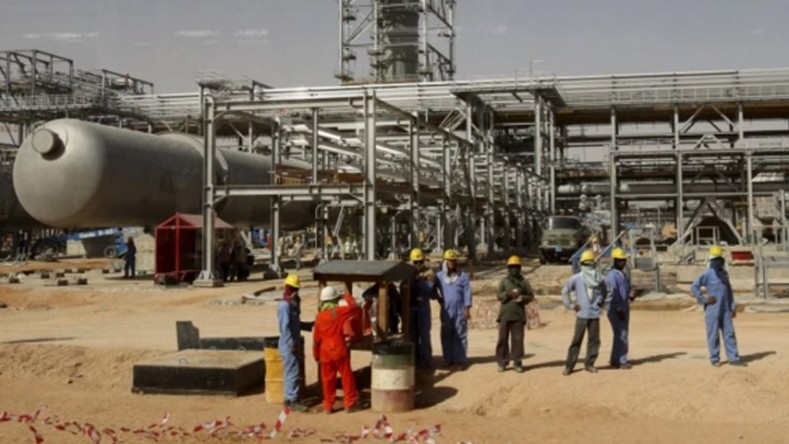
Saudi Arabia has a giant mess on its hands: The Washington Post
“The next casualty in Saudi Arabia's oil price war might be its own economy,” writes The Washington Post’s reporter Matt O'Brien covering economic affairs.
“That's because, with oil revenues drying up, Saudi Arabia is about to make the same mistake that Europe has over and over and over again. What's that? Well, trying to cut its budget without cutting interest rates or otherwise softening the economic blow.
“Saudi Arabia, you see, has been flooding the market with cheap crude to try to drive its high-cost competitors out of business, but that isn't as easy as it used to be. Shale drillers can stay profitable at lower prices than before, and, more importantly, can turn production on or off as needed for relatively little. So even if the Saudis succeed in forcing them into hibernation, they should still be able to wake up in time to keep prices from rising to much more than $50-a-barrel”, the author notes.
“In other words, Riyadh really can't afford to keep spending 13 percent of the country's GDP on energy subsidies, but it also can't afford to hurt the economy any more than low oil prices already have. The simple story is that less government spending means less spending in the economy overall unless you do something to offset the cuts”.
The problem is that Saudi Arabia “ has pegged its currency, the riyal, to the dollar, so it has to increase interest rates when the Federal Reserve does. The result is that Saudi Arabia's currency has gone up against almost every other one at the same time that Saudi Arabia's economy needs it to go down”.
“That means Saudi Arabia's 4 percent of GDP of tax hikes and spending cuts should add up to a 6 percent of GDP contraction and, as a result, 3 percentage points higher unemployment. Not exactly good for social stability when you're already taking away some of the subsidies you've been buying people's loyalty — or at least acquiescence — with.
There is no free lunch here, but there is a better way. That's devaluing its currency”.
“That's the reason other oil-dependent countries, like Azerbaijan and Kazakhstan, have already given up their dollar pegs, and why markets are beginning to bet that Saudi Arabia will be next. You can only defy economic gravity for so long,” Matt O’Brien says.
Newsfeed
Videos






























